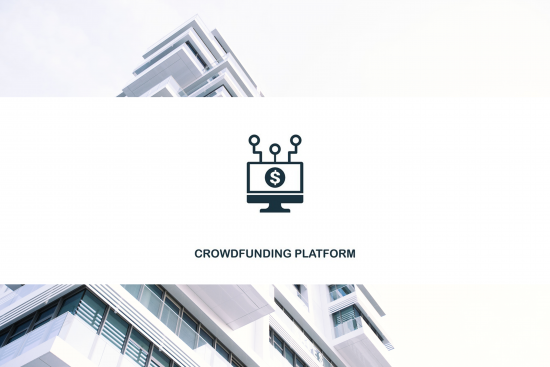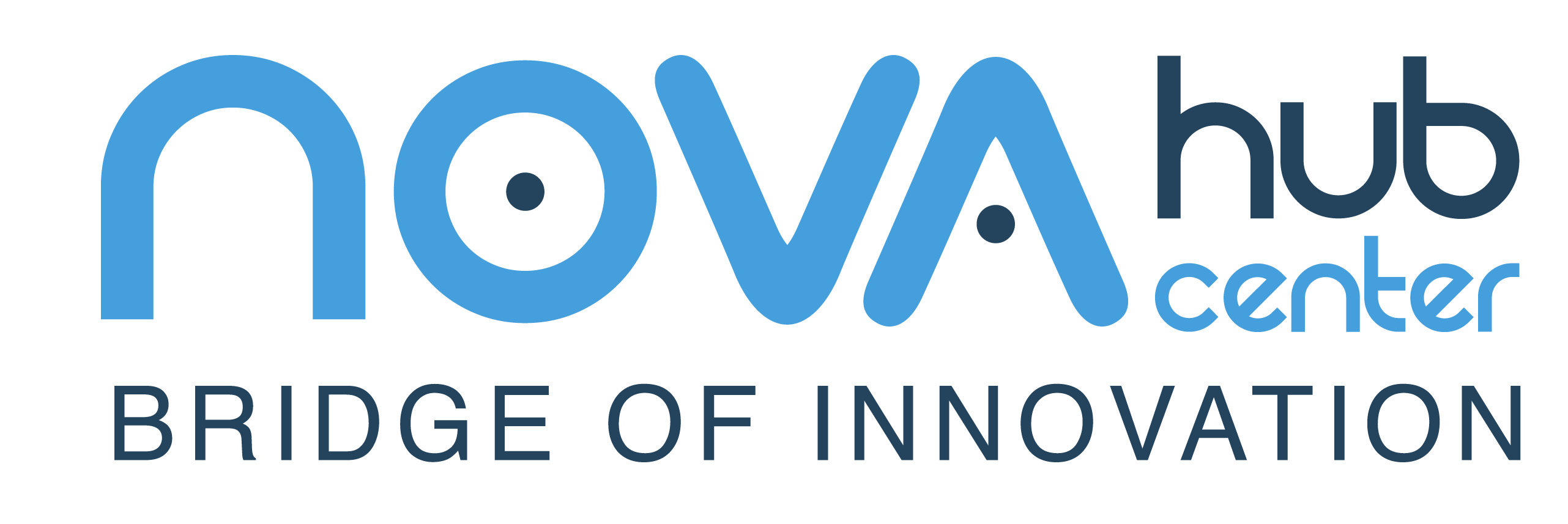
HOW DOES CROWFUNDING BOOST REAL ESTATE?
HOW DOES CROWFUNDING BOOST REAL ESTATE?
DEMOCRATIZATION OF REAL ESTATE INVESTMENT ?
For a long time, investing in stone was a difficult area to access only reserved for some people. Initial contributions were high (tens of thousands of dollars) and only allowing few people, or individuals, to participate. In addition, the administrative and regulatory procedures are becoming more and more restrictive for owners. Finally, market inflation is having an impact on property developers, who are finding it increasingly difficult to obtain bank financing.
However, the rise of digital and participative financing platforms will democratize this sector and open up new perspectives. We talk about a real estate crowdfunding . These platforms, which appeared for the first time in 2010 in the United States, consist of investing money via a collaborative participation platform. The platforms thus play the role of intermediaries. Their objective is not only to put investors and promoters in touch but also to select financially viable projects by relying on committees of experts who select the projects.
One thing is for sure, crowdfunding is attractive, as the figures show. The global market now is worth more than $5 billion and continues to grow every year. In France, for instance, the money collected between 2016 and 2019 has been multiplied by 6, from $55 million to $332 million in only 3 years.
HOW DID CROWDFUNDING GET TO BE SO APPEALING ?
The reasons are quite simple, this new mode of investment overcomes all the constraints listed above. With crowdfunding, everyone’s happy, investors and promoters.
For investors, individuals or professionals, it’s a godsend. The entry fee is much more affordable, which now allows almost everyone to enter this attractive market. It is now possible to invest from $500 or even less. Crowdfunding thus appears like a way to involve the general public in the construction of the city of tomorrow.
For investors, individuals or professionals, it’s a godsend. The entry fee is much more affordable, which now allows almost everyone to enter this attractive market. It is now possible to invest from $500 or even less. Crowdfunding thus appears like a way to involve the general public in the construction of the city of tomorrow.
The rates of return offered by the projects on the platforms are very interesting. Oscillating at close to 10%, the rates are above the average of the normally established rates. Add to this, the investment horizons are relatively short, between 12 and 36 months, while default rates are very low, less than 1%. Crowdfunding is seen as a real estate investment alternative to the direct acquisition of properties and also as an alternative to portfolio diversification.
For real estate professionals, crowdfunding is also seen as a great opportunity. In fact, developers are turning more and more to participatory financing, which allows them to respond to their equity capital requirements while maintaining a much larger margin than if they were to call on investment funds.
Its success is such that it has become the most lucrative branch of the sector. Today, the majority of investments are in bonds and the main projects are residential projects. However, not all real estate crowdfunding platforms are experiencing the same growth. The donation or capital investment platforms have declined, while real estate development projects have exploded. Moreover, the real estate platform market is highly concentrated, few platforms hold the majority of market share. So, be careful! A real estate crowdfunding platform does not mean success every time.
It is also important to mention that the profile of an investor in real estate crowdfunding is different from that of an investor in general. Firstly, the minimum entry fee is more expensive. It costs at least $500 compared to an average of only $40 for crowdlending or donation platforms. Secondly, the real estate sector requires specific concepts. Its investors cannot invest without knowing the sector. Finally, a real estate investor is less risk-averse than ordinary investors: by accepting a higher entry fee, he accepts and is aware that the risk of loss is higher.
THE FUTURE OF REAL ESTATE ?
The sector continues to evolve and to become more democratic since a new branch was created in September 2018, that of rental crowdfunding. The Homunity platform is the first to be accredited. It’s a revolution in the world of real estate that shows the will to democratize this sector, which is in perpetual quest for modernization.
Real estate Crowdfunding seems to be the new Eldorado: affordable with small amounts, shorter holding times, reconciling the advantages of tangible real estate assets with the advantageous taxation of transferable securities. However, the fact remains that with residential property prices at their highest, the various platforms will have to be increasingly draconian in their selection process. To be continued…




 English
English Français
Français